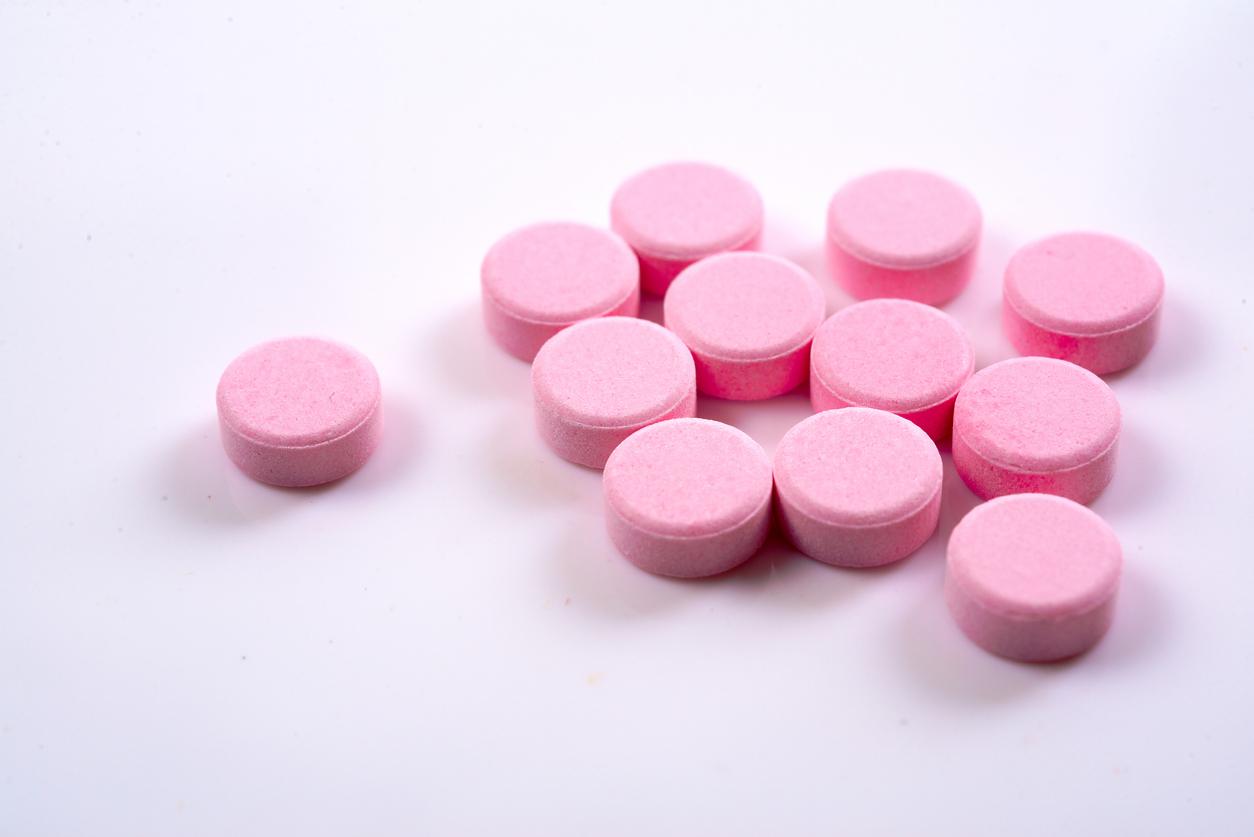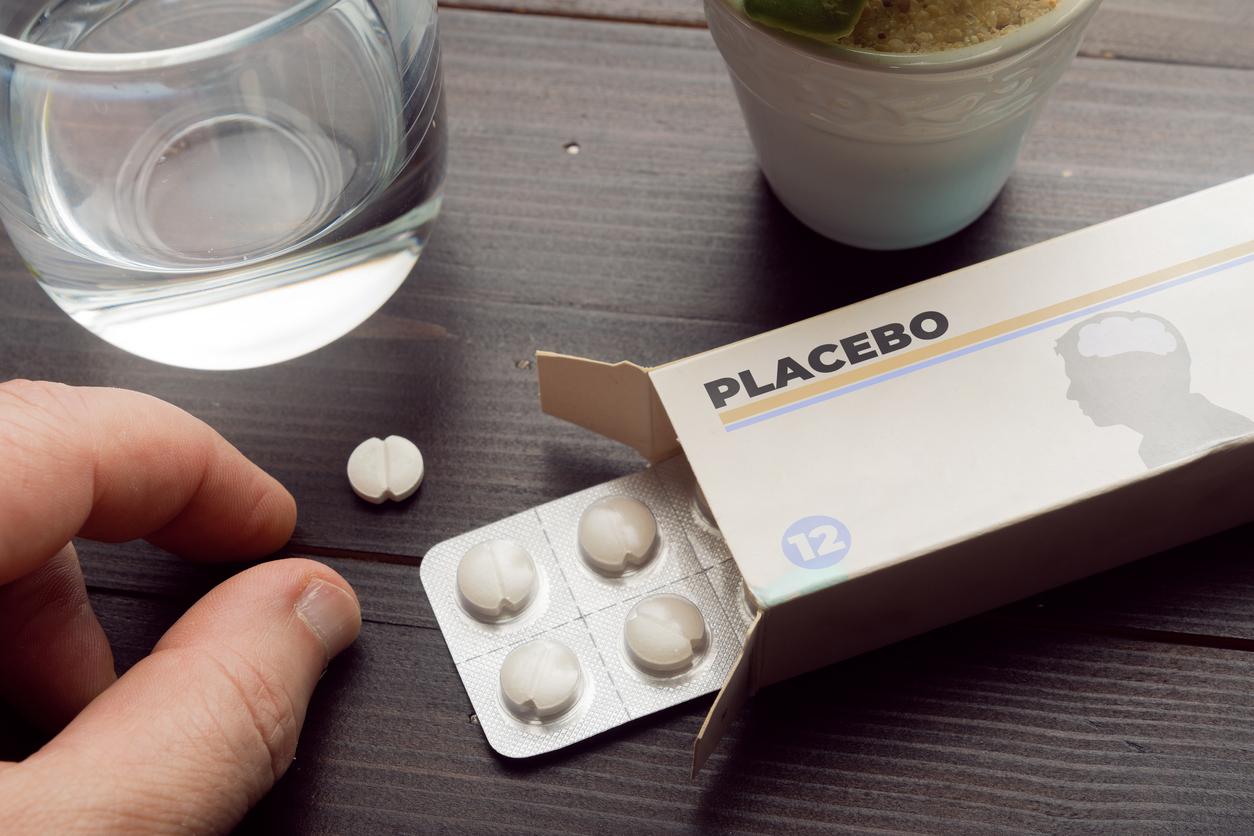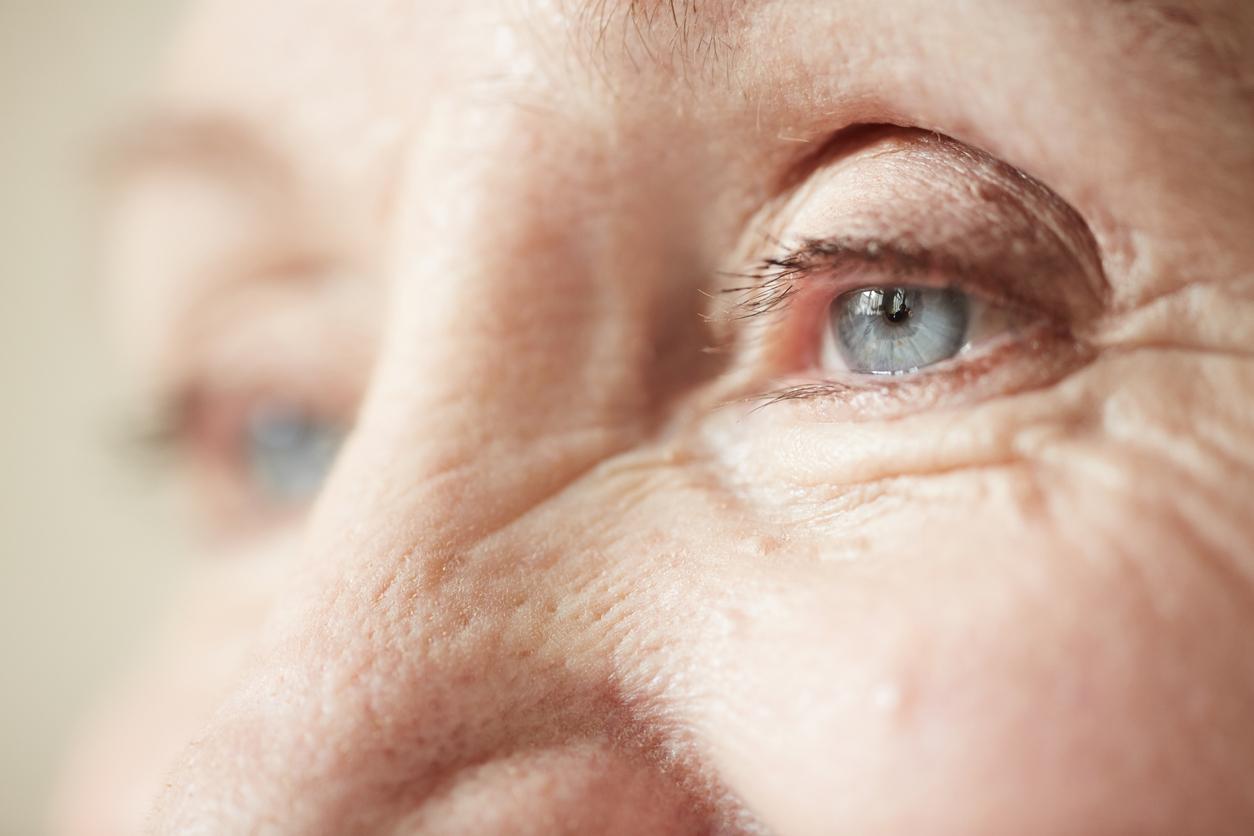1er September 2005 – Homeopathy would not have more effects than a placebo1. This is what the results of a meta-analysis reveal2 just published by the prestigious medical journal The Lancet.
According to the authors of the study, the observed effects of homeopathic medicines are part of the placebo effect, while those of synthetic medicines have a proven pharmacological action.
In a first step, the researchers identified 110 clinical trials in which the effects of homeopathic treatments were compared with those of a placebo. For each of these 110 trials, they found an equivalent study that looked at the effects of conventional treatment on the same disease. Overall, the therapeutic benefits were roughly equivalent or superior to those of placebo, for both conventional and homeopathic medicines.
In a second step, the researchers selected and analyzed the trials that presented superior methodological quality. Only 9 trials on classical medicine and 21 on homeopathy met these criteria. Result: conventional treatments have been shown to be superior to placebo, unlike those of homeopathy.
The Swiss state funded this meta-analysis in order to be able to base, on scientific data, its decision to reimburse or not the cost of homeopathic treatments. The Swiss health insurance funds therefore no longer reimburse homeopathy.
Homeopathy: a closed file?
In the wake of the study’s conclusions, the editorial team of The Lancet considers that the debate is now closed on homeopathy: it is ineffective. According to the British journal, it is time to put an end to the research in the matter. “Doctors must be honest with their patients about the lack of benefits of homeopathy and to themselves about the inability of modern medicine to provide personalized care,” she concludes.3.
DD Isabelle Marc, epidemiologist attached to the Chair for the advancement of an integrated approach in prevention4 of Laval University, further qualifies the results of this study. “A statistical trend indicates that we are not sure of the effectiveness of homeopathy. From there to asserting that we must now stop doing research in homeopathy and that the debate is closed … I think rather that this will encourage scientists to approach research in this field differently, to look more into the doctor and patient relationship, for example, or on the patient’s attitude towards the disease, ”explains the researcher.
According to her, the range of diseases taken into account in the various studies in this meta-analysis was undoubtedly too broad. It covered asthma, pollen allergies, respiratory infections, joint and muscle pain, and gastrointestinal issues. Thus, few studies focused on the same condition. This can be a source of error. Moreover, researchers have neglected the adverse effects of conventional treatments, which might have benefited homeopathic treatments, she said.
Dr Paul Lépine, employee of PasseportSanté.net, practices in an integrated medicine clinic, which includes homeopathy. He carefully read the article published in The Lancet. “There is an astonishing disparity between the factual data produced by researchers and the conclusions drawn from them,” he explains. Overall, he said, the evidence for the effectiveness of homeopathic interventions ranges from moderately strong to inconclusive. And to add: “these data absolutely do not allow us to affirm, as we did, that homeopathic remedies only have a purely placebo effect. This is an incorrect statement ”.
He points out that the statistics presented in this study show that in some cases homeopathy is effective and in other cases it remains uncertain. “The authors of the article and the editor of Lancet expressed their opinion. It seems important to me to stress that their unfavorable opinion to homeopathy is not based on the data collected, but of course a preconceived idea that, by their own admission, they had formed before starting their study ”, argues Dr Lepine.
According to him, further studies should be undertaken on the therapeutic effects of homeopathy. But the publication of this article risks making it difficult to find funding for scientists who want to conduct such trials, believes DD Isabelle Marc. “Things are all the more complicated in this matter since we have no idea of the mechanisms by which homeopathy could act, which offers little input for basic research,” she recalls.
On the side of the Ordre des pharmaciens du Québec, we are being cautious. “The role of the pharmacist is not to pass judgment on the value of a drug, but to inform the patient about its effects, on the basis of the pharmacological evidence at his disposal. We are going to sell a homeopathic medicine to a patient who requests it, but we cannot offer him any guarantees as to its effectiveness, ”underlines its president Claude Gagnon. On the other hand, according to him, the pharmacist can inform his client of the existence of a synthetic drug which has been proven to treat a specific condition. “But at the end of the day, it’s the customer who decides,” he concludes.
No less than 4% of women and 2% of men said they use homeopathic remedies to heal themselves, according to the results of a survey conducted in 2003 in 12,100 Canadian homes by the polling firm ACNielsen.
Created in the XIXe century, homeopathy has been controversial for several years. It is based on two main principles: the law of similars and the process of high dilutions. It treats evil with evil with substances from minerals, plants or animals. Prescribed according to the specific symptoms and the constitution of the individual, these drugs are diluted several times in water or in a mixture of water and alcohol. The dilution would strengthen its curative power. To learn more about homeopathy, see our fact sheet.
Pierre Lefrançois and Johanne Lauzon – PasseportSanté.net
According to Press, The duty, Reuters, Canadian Press, France Media Agency and BBC.
1. To learn more about the placebo effect, see our interview with Edzard Ernst.
2. Shang A, Huwiler-Muntener K, et al. Are the clinical effects of homeopathy placebo effects? Comparative study of placebo-controlled trials of homoeopathy and allopathy.Lancet. 2005 Aug 27-Sep 2; 366 (9487): 726-32.
3. The original editorial by The Lancet of August 27, 2005: www.thelancet.com
4. The Chair for the Advancement of an Integrated Approach to Prevention is supported by the Lucie and André Chagnon Foundation, as is PasseportSanté.net.

















